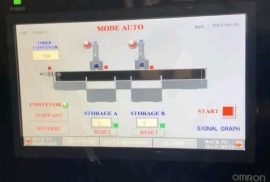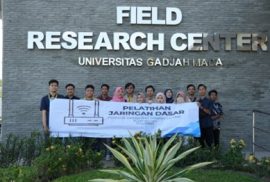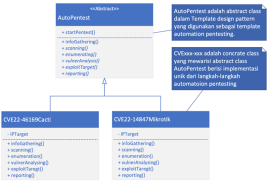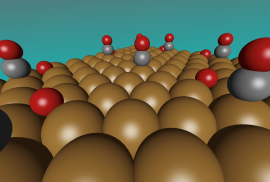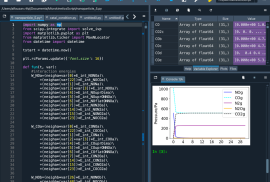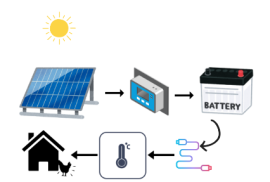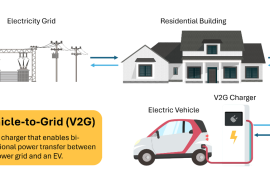


The research titled “Design and Development of the Rainer Conveyor Module Based on Omron CJ2M CPU-31 PLC and Omron NB7W Human Machine Interface (HMI)” has been successfully completed by a research team consisting of Muhammad Rakha Firdaus, Imroatul Hudati, Hidayat Nur Isnianto, and Sihno Priyatno. This study focuses on the design and development of an automated conveyor system using the Omron CJ2M CPU-31 Programmable Logic Controller (PLC), widely known for its reliability in controlling various industrial processes. In addition, the study incorporates the Omron NB7W Human Machine Interface (HMI) technology as an interactive visual interface, allowing users to monitor and control the entire process more easily and in real-time. The main objective of the research is to enhance the efficiency and effectiveness of industrial system control, particularly in the manufacturing sector, with the hope that the results can be implemented to optimize production processes, reduce human error risks, and provide a more modern and reliable technological solution.
